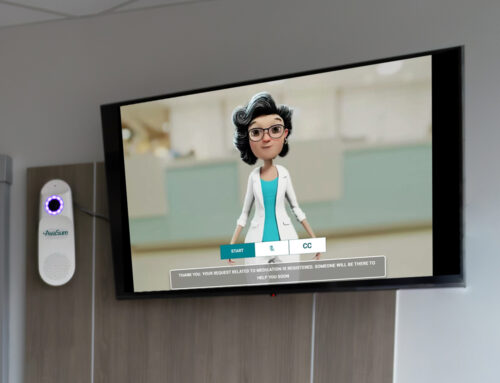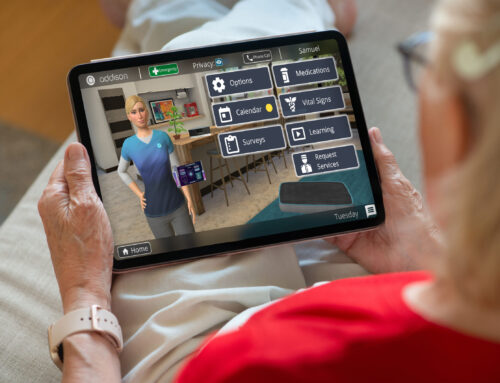A recent study titled “Pregnancy as seen by the couple” conducted by Sonio, a company specializing in health solutions for women and children, has unveiled critical challenges couples face during pregnancy. The research addresses practical elements like appointment availability and emotional aspects such as anxiety and partner support.

Key findings indicate significant disparities in access to perinatal care. A striking 44% of women reported inadequate access to healthcare choices, with 22% having to switch practitioners due to unavailable appointments. Geographical and socio-economic factors contribute to these inequities, with lower socio-professional (CSP -) women experiencing five times more difficulty with care accessibility than their higher (CSP +) counterparts.
The study also sheds light on the regional variances within France, with women in the Paris region facing fewer issues than those in smaller towns or rural areas. Satisfaction levels with pregnancy follow-up were less than ideal, as one in two women felt their needs were not fully met, particularly regarding the time spent by health care providers for support. Despite this, the majority still place a high level of trust in their caregivers.
Another significant area of concern is mental health during pregnancy. About one-third of women expressed a desire for access to a broader range of medical professionals, like dietitians and psychologists, during their pregnancy follow-up.
The research also explores partners’ experience, highlighting a greater emphasis on technical details and a pronounced need for feeling included in the parenting process. While women reported more anxiety before ultrasounds, their partners showed a heightened interest in the technical proficiency of the examinations and the associated costs.
The involvement of partners during ultrasounds also came under scrutiny. Although a majority of men claimed active participation, there was a notable discrepancy, with only 44% of women confirming their partner’s constant presence.
These insights underscore the need for enhanced accessibility and inclusivity in perinatal care, signaling a call to action for healthcare providers to address these gaps and for policymakers to take note of the socio-economic disparities affecting pregnant couples today.












